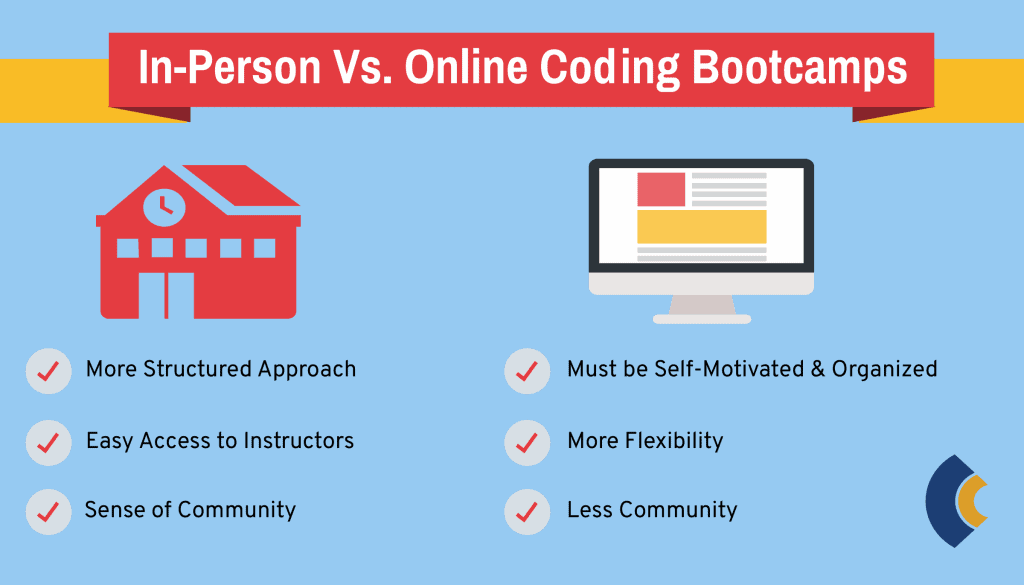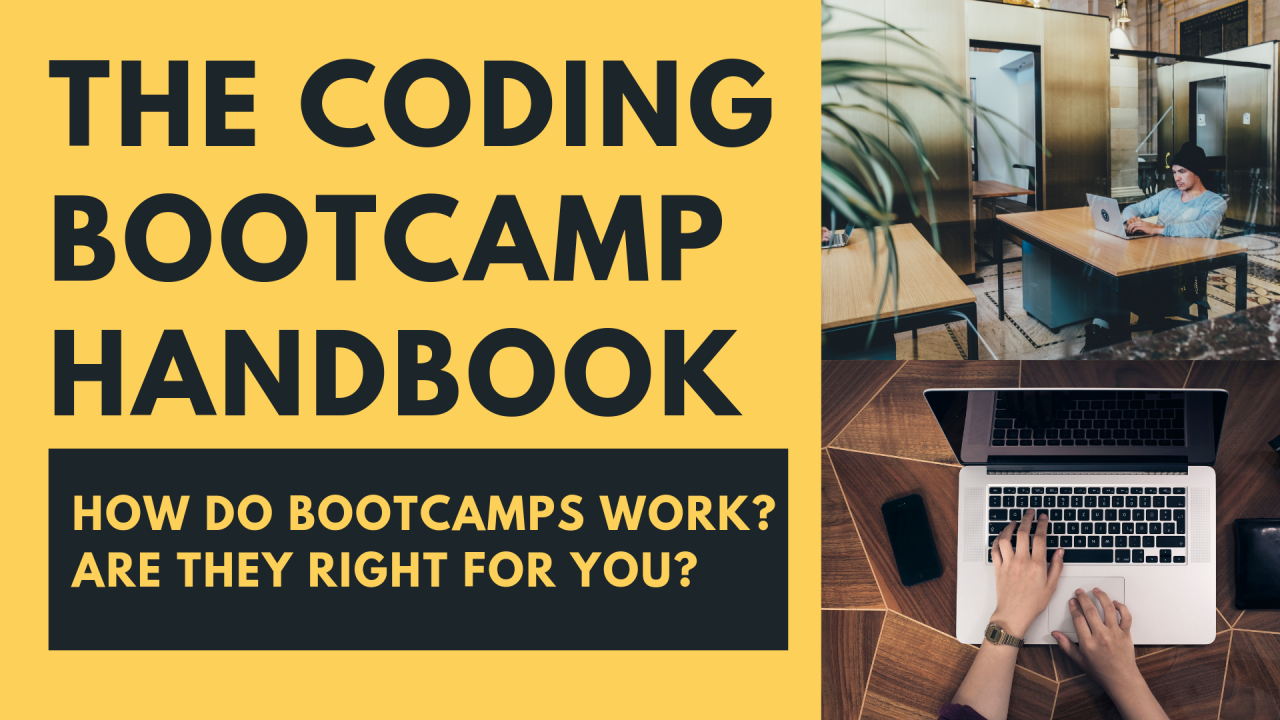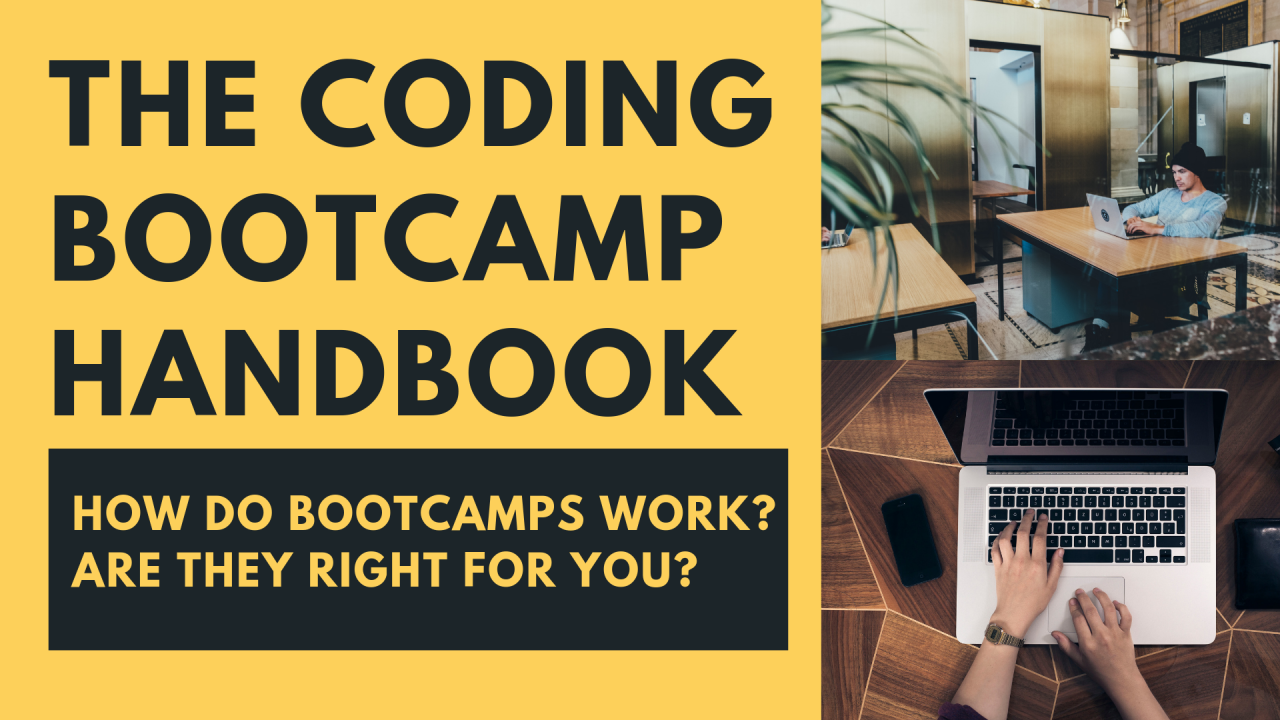Educational Background Requirements: Are There Any Requirements To Attend A Coding Bootcamp

Coding bootcamps offer intensive training in software development, data science, and other tech-related fields. While they are known for their accelerated learning pace and career-focused curriculum, potential students often wonder about the admission requirements, particularly regarding educational background and prior programming experience. The good news is that many bootcamps are surprisingly accessible.
Many bootcamps prioritize practical skills and potential over traditional academic achievements. This means that while a formal education is helpful, it’s not always strictly required. The focus is often on assessing a candidate’s aptitude for learning, problem-solving abilities, and overall commitment to the program.
High School Diploma or GED Requirements
Most coding bootcamps require at least a high school diploma or a GED equivalent. This serves as a baseline indicator of a candidate’s ability to handle the rigorous curriculum. However, some bootcamps may make exceptions based on demonstrated skills and experience, particularly for individuals with significant professional experience in related fields. It’s crucial to check the specific requirements of each bootcamp, as policies can vary.
Prior Programming Experience
While prior programming experience is not universally required, it is often preferred. Bootcamps cater to a range of skill levels, from complete beginners to those with some coding knowledge. Beginner-friendly bootcamps provide foundational instruction, while more advanced programs may assume a certain level of familiarity with programming concepts. Having some prior experience can certainly give a candidate an advantage, enabling them to progress more quickly through the curriculum and potentially focus on more specialized areas. However, the lack of prior experience shouldn’t necessarily discourage someone from applying; many bootcamps offer pre-course materials or preparatory workshops to help bridge the knowledge gap.
Acceptance of Alternative Educational Credentials
Beyond high school diplomas and GEDs, some bootcamps might accept alternative educational credentials. This could include vocational certifications in related fields, college coursework in computer science or related subjects, or even demonstrable proficiency through personal projects or contributions to open-source projects. The key here is to showcase your skills and aptitude in a way that demonstrates your readiness for the intensity of a bootcamp program. A strong portfolio of personal projects or evidence of self-directed learning can be incredibly valuable in demonstrating your commitment and potential.
Bootcamp Admission Requirements Comparison, Are there any requirements to attend a coding bootcamp
The following table compares the admission requirements of three hypothetical bootcamps:
| Bootcamp Name | Educational Background | Programming Experience | Other Requirements |
|---|---|---|---|
| CodeCraft Academy | High School Diploma or GED | Preferred, but not required | Online application, coding challenge |
| TechBoost Bootcamp | High School Diploma or GED, or equivalent experience | Some experience recommended | Interview, portfolio review |
| Digital Pioneers | High School Diploma or GED | Not required | Online application, short essay |
Technical Skills & Aptitude Requirements

Coding bootcamps vary in their specific technical prerequisites, but a general aptitude for problem-solving and a willingness to learn are universally valued. While some prior programming experience is beneficial, it’s not always strictly required, particularly for introductory-level bootcamps. The emphasis is often on rapid learning and practical application, rather than extensive theoretical knowledge.
Many bootcamps assess applicant readiness through application processes that include coding challenges or technical assessments. These tests gauge a candidate’s foundational understanding of programming concepts and their ability to learn new skills quickly. Success in these assessments often hinges on a demonstrated capacity for logical thinking and the ability to break down complex problems into manageable steps.
Assessing One’s Readiness for a Coding Bootcamp
Self-assessment is crucial before applying to a bootcamp. Consider your comfort level with basic computer literacy—navigating file systems, using the command line (or terminal), and understanding fundamental concepts like variables and data types. Try completing some introductory programming tutorials or online courses. These exercises will provide a realistic gauge of your aptitude and potential challenges. If you find yourself consistently struggling with even basic concepts, further preparation through self-study or introductory courses might be beneficial before applying.
Technical Skill Emphasis in Different Bootcamp Types
Different bootcamps specialize in various areas, leading to variations in the emphasized technical skills. Web development bootcamps, for instance, prioritize front-end technologies like HTML, CSS, and JavaScript, along with back-end languages such as Python, Node.js, or Ruby on Rails. Data science bootcamps, conversely, focus on statistical analysis, data manipulation using tools like Python’s Pandas library, and machine learning algorithms. Cybersecurity bootcamps will emphasize network security, ethical hacking, and penetration testing. The specific technologies and frameworks taught will vary based on the bootcamp’s curriculum and industry trends. For example, a web development bootcamp might focus on React, while another might use Angular or Vue.js.
Recommended Resources for Developing Pre-Bootcamp Technical Skills
Preparing for a coding bootcamp often involves self-directed learning. A structured approach, however, is highly beneficial. Here are some resources to help build a solid foundation:
Are there any requirements to attend a coding bootcamp – These resources offer various learning pathways, from interactive tutorials to structured courses. Choosing resources aligned with your chosen bootcamp specialization is vital. For example, aspiring web developers might prioritize Codecademy’s web development courses, while aspiring data scientists could benefit from DataCamp’s data science curriculum.
- Codecademy: Offers interactive courses on various programming languages and web development technologies.
- freeCodeCamp: Provides a comprehensive curriculum for web development, including certifications.
- Khan Academy: Offers free courses on computer programming fundamentals and computer science concepts.
- Coursera & edX: Host university-level courses, some of which are free to audit, covering a wide range of computer science topics.
- DataCamp: Specializes in data science and data analysis courses, using R and Python.


Tim Redaksi